Bicycle maintenance is a crucial aspect of owning a bike, and one of the most common issues that bike riders encounter is squeaky brakes.
It can be frustrating and concerning to hear that high-pitched noise every time you apply the brakes, but understanding the reasons behind it can help you address the problem effectively.
Science behind bike brake squeaking
Brake squeaking may seem like a minor nuisance, but it often signifies a larger issue with your bike’s braking system. Understanding the science behind bike brake squeaking can help you pinpoint the root cause and take appropriate action.
When you apply the brakes, the brake pads make contact with the rotors, creating friction and slowing down the bike. Over time, the brake pads and rotors can develop a glaze or wear down unevenly, resulting in the irritating squeaking sound.
Common causes
There are several common causes of bike brake squeaking that riders should be aware of. One possible cause is worn brake pads. Over time, the pads can become thin, causing metal to make contact with the rotor and create a squealing sound. Another common cause is a misalignment between the brake pads and the rotor. This can occur if the calipers are not positioned correctly or if the rotor is warped.
Potential consequences
Firstly, worn brake pads can significantly reduce your ability to stop effectively. As the pads become thinner, their efficiency decreases, resulting in longer stopping distances and potentially dangerous situations, especially in emergency situations.
Misalignment between the brake pads and the rotor can cause uneven braking, leading to unstable handling and decreased control over your bike. This can be particularly risky when riding at high speeds or in challenging terrain.
Contaminated brake pads not only contribute to the squeaking noise but can also decrease their grip on the rotor. This can result in reduced braking power and longer stopping distances, putting you at a greater risk of accidents.
How to troubleshoot and fix bike brake squeaking
Firstly, check the condition of your brake pads. If they are worn down, replace them with a new set. Make sure to choose high-quality brake pads that are compatible with your bike’s braking system.
Next, inspect the alignment between the brake pads and the rotor. If they are misaligned, use an Allen wrench to adjust them. Ensure that the pads are making even contact with the rotor for optimal braking performance.
If your brake pads are contaminated, remove them and clean them thoroughly using rubbing alcohol or a brake cleaner. This will remove any residue or dirt that may be causing the squeaking noise.
Professional help for brake squeaking
While many brake squeaking issues can be resolved through the troubleshooting steps mentioned earlier, there may be instances where professional help is necessary. It is important to be aware of when to seek the expertise of a bike mechanic.
If you have gone through the troubleshooting steps and the brake squeaking persists, it indicates that there may be underlying issues that require professional attention. A bike mechanic can conduct a thorough inspection of your bike’s braking system and diagnose any hidden problems.
If you notice any other unusual symptoms such as decreased braking power, excessive vibrations, or a spongy feeling when applying the brakes, it is crucial to seek professional help immediately. These signs may indicate more serious issues that pose a risk to your safety.
Remember, the safety and reliability of your bike’s brakes should always be a top priority. By knowing when to seek professional help, you can ensure that any potential problems are addressed promptly and effectively, providing you with peace of mind during your rides.
Conclusion
However, prevention is always better than cure. To keep your bike’s braking system in optimal condition and prevent brake squeaking in the first place, regular maintenance is key
A well-maintained braking system not only eliminates squeaking but also ensures your safety while riding. So, take the time to care for your bike’s brakes, and enjoy a smooth, noise-free and safe cycling experience.

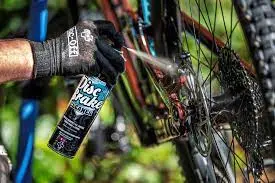
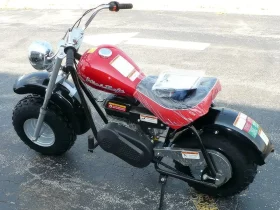
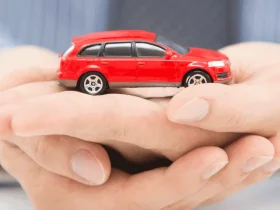
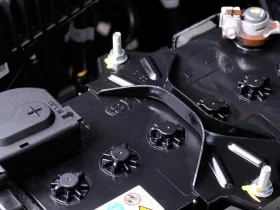


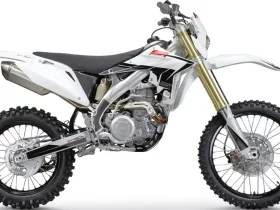


Leave a Reply